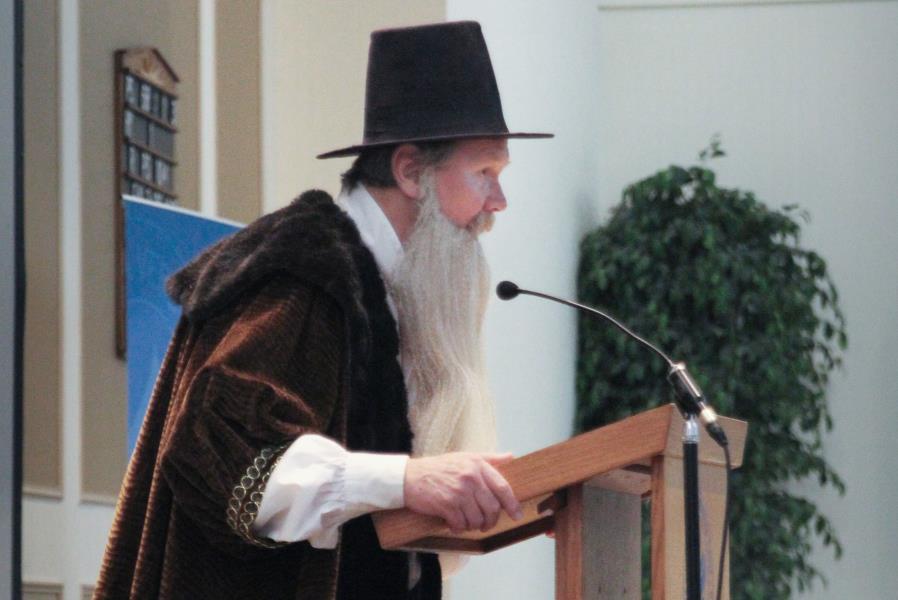Resource Finder
Displaying all results for Author 'Don Sinnema'
2 Result(s)
Resources
The Heidelberg Catechism at the Synod of Dordt
Though the Synod of Dordt met primarily to address the Arminian controversy, the Heidelberg Catechism came up six times on the synod’s agenda. This presentation explores the six ways the synod dealt with the catechism: (1) The synod discussed ways to enhance regular catechism preaching in Sunday afternoon services. (2) It discussed ways to improve the manner of catechizing, for both youth and adults, in the home, school and church. (3) The Remonstrants (Arminians) presented their observations and suggestions for revision of the Heidelberg Catechism. (4) The Palatine delegation from Heidelberg gave its response to the Remonstrant observations. (5) The catechism was examined by the synod and approved by all delegations, both Dutch and foreign, as consistent with the Word of God. (6) The synod prepared forms of subscription, by which ministers, theologians, and teachers were required to affirm that the Catechism, along with the Belgic Confession and Canons of Dordt, fully agree with the Word of God.
To view the handout that goes with this video please see here.
A Virtual Tour of the Synod of Dordt
This presentation, with plenty of visuals, will put us on the ground in the old city of Dordrecht in 1618–1619, to depict the circumstances of the Synod of Dordt. We will explore the convening of the synod by the Dutch government, and the facility where the synod was held. The composition of the participants demonstrates that this was a national synod with an international character, with theologians from eight foreign territories. After examining the agenda and procedures of the synod, we will survey the course of the synod’s deliberations that lasted 6 ½ months. These fall into four phases: (1) Pro-Acta sessions, before the arrival of the Remonstrants (Arminians); (2) five weeks of procedural wrangling with the fifteen cited Remonstrants; (3) the synod’s response to the Remonstrant case by drafting and approving the Canons; and (4) the Post-Acta sessions dealing with various Dutch ecclesiastical matters. Finally, we will explore the meticulous process by which the Canons of Dordt were drafted, as the Synod’s response to the Remonstrant objections concerning predestination and related points.
To view the handout that goes with this video please see here.




